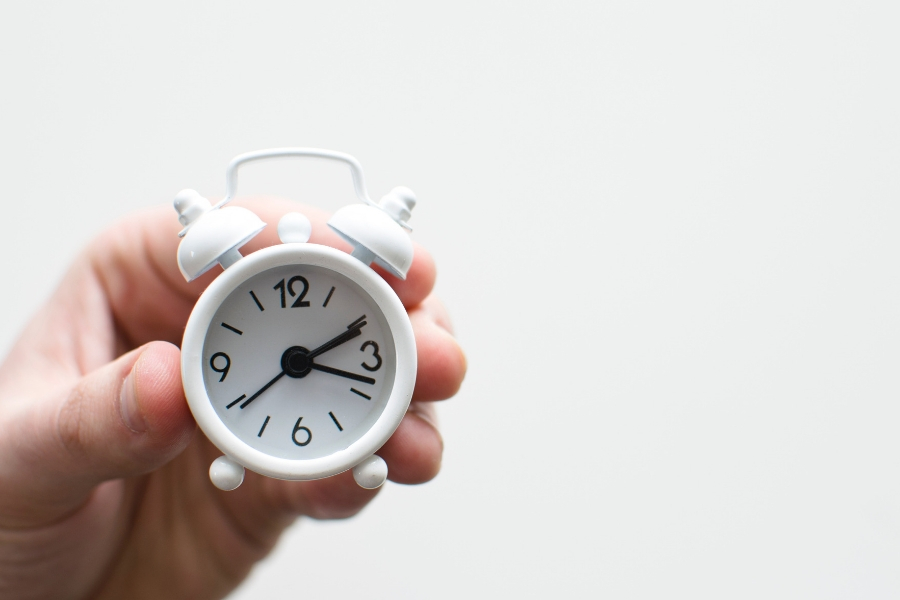Sleep Deprivation: Causes and Treatment

Even though we’re trying really hard to get enough good night’s sleep and rest properly after an exhausting day at work, the fact is that sometimes it simply isn’t possible. There are a lot of issues that can cause sleep deprivation, so keep on reading to find out about the four most common ones. Check them out and learn how to identify them!
You struggle with sleep apnea

Sleep apnea is one of the most common sleep disorders nowadays, and it’s characterized by pauses in breathing during sleep. It’s extremely important for you to know that this is a medical condition that causes the body to take in less oxygen during the night, which may even cause you to wake up. There are two types of sleep apnea: central and obstructive, and the latter is much more widespread. Basically, central sleeping apnea causes an interruption of breathing that can indicate a problem with your brain’s signaling, whereas the obstructive type, as its name says, includes blocked airways that prevent you from breathing properly. This disorder is highly likely to make you feel very sleepy during the day, have a headache when you wake up, and have trouble concentrating on your daily tasks. If you’ve experienced any of these symptoms lately, be sure to see your doctor as soon as possible. Sleep apnea is treated with oxygen therapy using a continuous positive airway pressure (CPAP) machine and nasal or full-face CPAP mask. The oxygenated air from the machine holds the tissue open and prevents breathing problems, so the user (and their bed companion) can sleep restfully at night.
You’re a teeth grinder

Nocturnal teeth grinding aka sleep bruxism is another common cause of sleep deprivation, and this is the medical term for grinding or clenching your teeth during sleep. We must mention that occasional bruxism usually isn’t harmful, but if it starts to occur regularly, it can cause facial pain, severe dental damage, and disturbed sleep. Even though we can’t say for sure what causes bruxism, some experts actually link it with high levels of anxiety, cigarette smoking, alcohol and caffeine consumption, and sleep apnea. Teeth grinding is also likely to result in severe jaw pain. It’s best to seek your dentist’s advice on how to relieve jaw pain, because this problem can be corrected in different ways – by using pain relievers and anti-inflammatory medication, massage or physical therapy, or even a surgical treatment – and your doctor should be able to recommend the best solution.
You’re simply unable to relax

The majority of people live really fast these days, with too busy schedules that don’t leave them too much time to relax and unwind after a long day at work. Unfortunately, your inability to relax and let go of all your worries is likely to degrade the quality of your sleep, which is why you may feel even more tired and cranky once you wake up in the morning. Bedtime can be particularly challenging for people who suffer from any form of anxiety or depression, as their minds tend to fill with thoughts as soon as their head hits the pillow. So, if you feel that your bewildering thoughts prevent you from getting enough sleep, you should definitely seek professional help and overcome that problem with success in a short period of time.
You don’t have a good sleeping schedule

If you’re constantly tired and unable to get enough sleep at night, it’s probably because you have a poor sleeping schedule. Delayed sleep phase syndrome is one possible cause, and it’s characterized by the inability to fall asleep at the desired time, which is often exacerbated by the need to stay up late in order to scroll through the Instagram/Facebook/Snapchat feed or simply be online for whatever reason. If that’s the case with you, be sure to understand that exposure to light from gadgets at night can result in sleep deprivation, inability to wake up at the desired time, and excessive daytime sleepiness, which is why you should leave your phone alone at least one hour before going to bed. Besides that, you should also probably limit your napping time during the day, as it’s also highly likely to disturb your sleeping patterns and lead to sleep deprivation.
As you can see, there are a lot of potential problems and disorders that can cause sleep deprivation, and these four definitely the most common ones. So, if you’ve recognized some of the above-mentioned symptoms, be sure to identify your problem as soon as possible. Once that’s done, the quality of your sleep will unquestionably improve, which is exactly what matters most, right?